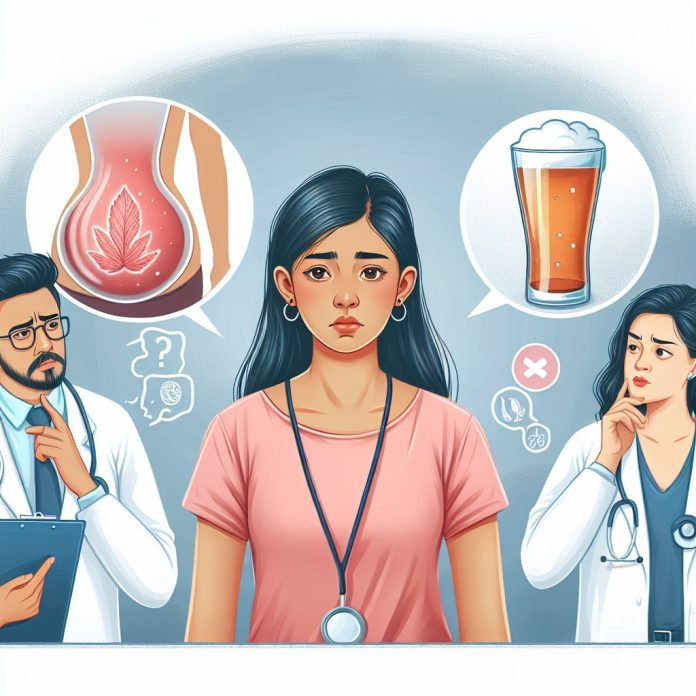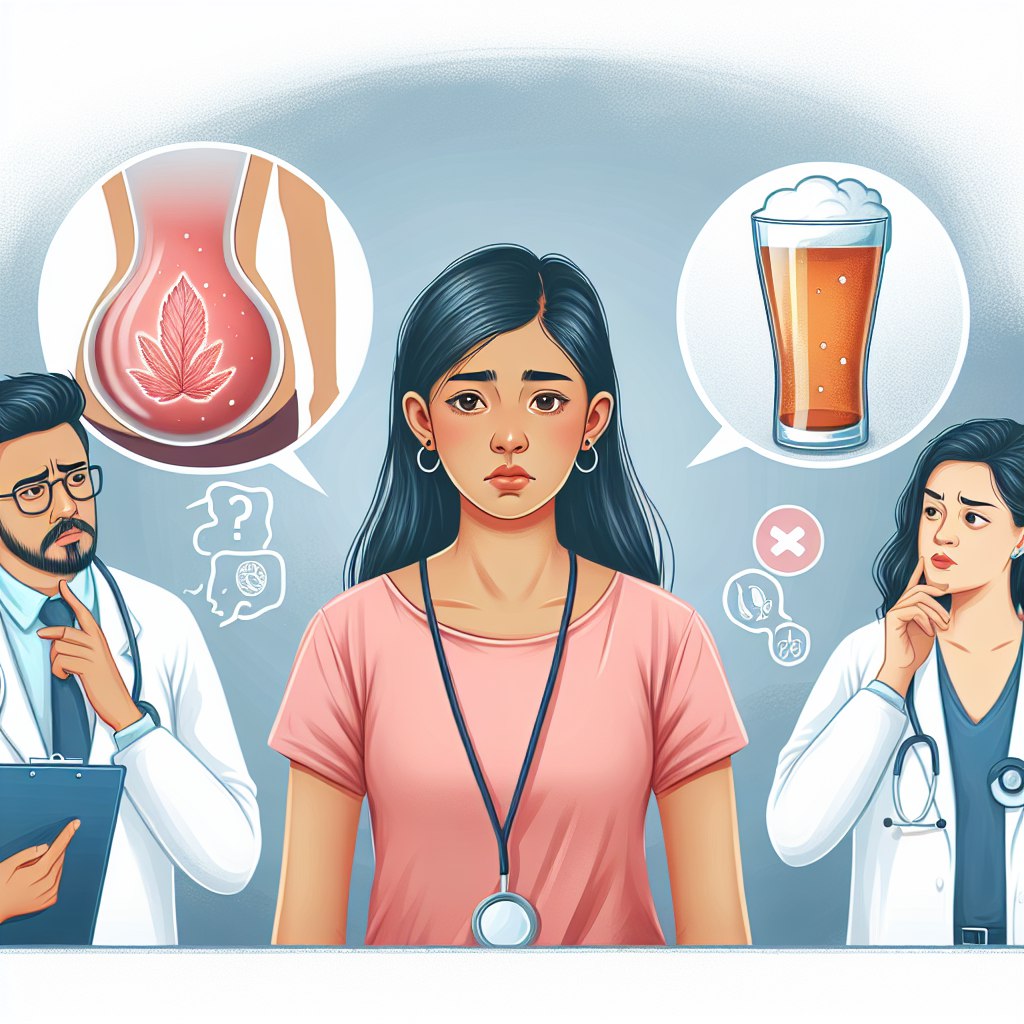
Her Gut Was Producing Alcohol, but Doctors Didn’t Believe Her
(CNN) — A 50-year-old woman from Toronto experienced dizziness, disorientation, and weakness, often accompanied by the smell of alcohol on her breath. One day, she even passed out and hit her head while making lunch for her children. Despite these symptoms, she hadn’t consumed any alcohol—a fact she and her husband repeatedly told doctors for two years before anyone believed her.
“She visited her family doctor numerous times and went to the emergency room seven times over two years,” said Dr. Rahel Zewude, an infectious disease specialist at the University of Toronto.
The woman’s blood alcohol levels were alarmingly high, ranging from 30 to 62 millimoles per liter, while a normal level is below 2 millimoles per liter, according to Zewude. Levels as high as 62 millimoles per liter can be life-threatening, said Barbara Cordell, president of Auto-Brewery Syndrome Information and Research.
Cordell noted that while such high levels are uncommon, some people with auto-brewery syndrome can function with blood alcohol levels up to 30 or 40 millimoles per liter. “I know of over 300 diagnosed cases of auto-brewery syndrome, and our support group has over 800 patients and caregivers,” Cordell said. “It’s mysterious how people can have such high levels and still be walking and talking.”
Despite her symptoms and the high alcohol levels, the emergency room doctors consistently questioned her drinking habits. She was evaluated by three different psychiatrists who concluded that she did not meet the criteria for alcohol use disorder.
“She and her husband insisted that her religion prohibited drinking, and he confirmed that she did not drink,” Zewude explained. “It wasn’t until her seventh ER visit that a doctor finally suspected auto-brewery syndrome and referred her to a specialist.”
Dr. Fahad Malik, a gastroenterologist in Binghamton, New York, who treats 30 patients with the disorder, noted that disbelief and ridicule are common for these patients. “Most have been dismissed as ‘closet drinkers’ or assumed to have behavioral conditions before getting a proper diagnosis,” Malik said.

Rare and Often Misunderstood
Auto-brewery syndrome, also known as gut fermentation syndrome, is a rare condition where bacteria and fungi in the gastrointestinal tract convert carbohydrates into ethanol. The first known case was reported in 1946 in Africa when a 5-year-old boy’s stomach ruptured, and an autopsy revealed alcohol-smelling fluid in his abdomen.
Since 1974, only 20 cases have been reported in English medical literature. Additional cases have been documented in Japan, where the condition is known as meitei-sho, or “alcohol auto-intoxication syndrome.”
The syndrome occurs when certain bacteria and fungi overpopulate the gut microbiome, turning the gastrointestinal tract into a fermenting apparatus. This process primarily happens in the small bowel and is different from the normal fermentation in the large bowel that produces energy.
Most cases involve an overgrowth of fungi such as Saccharomyces and Candida. Candida is commonly found on the body and can overgrow when beneficial bacteria are killed by antibiotics.
A notable case from 2013 involved a 61-year-old man who experienced unexplained drunkenness for years before being diagnosed with an overabundance of Saccharomyces cerevisiae, the same yeast used in beer making.
Many people with this syndrome function with high levels of metabolically generated alcohol, often discovering their condition only after legal issues. For instance, a North Carolina man was arrested for suspected drunk driving despite denying alcohol consumption. His blood alcohol level was 0.2%, equivalent to 10 drinks an hour and 2.5 times the legal limit.
“It’s not as rare as we think; it’s just rarely diagnosed,” Cordell said. “I believe many people may be living with this condition without knowing it.”


















